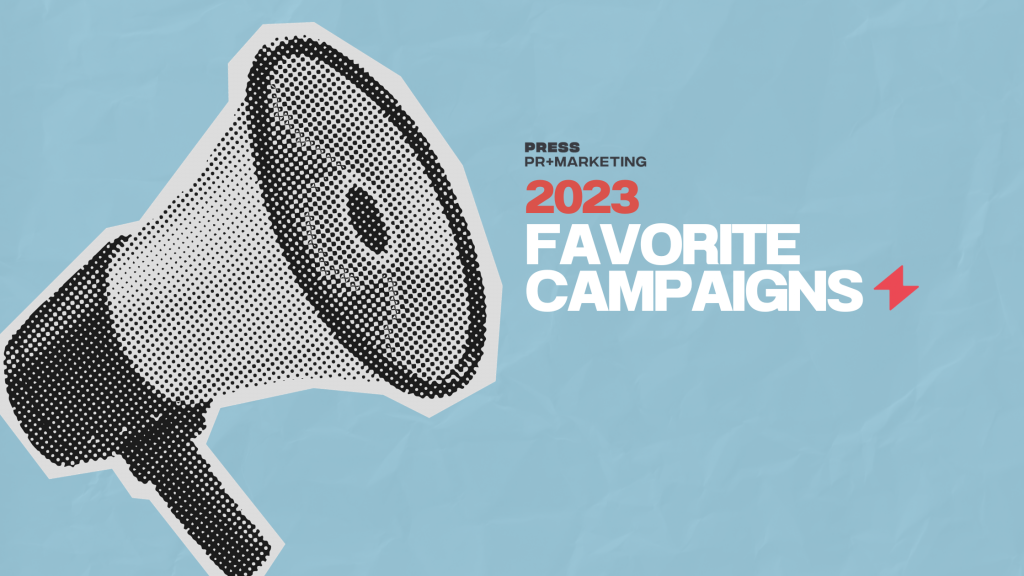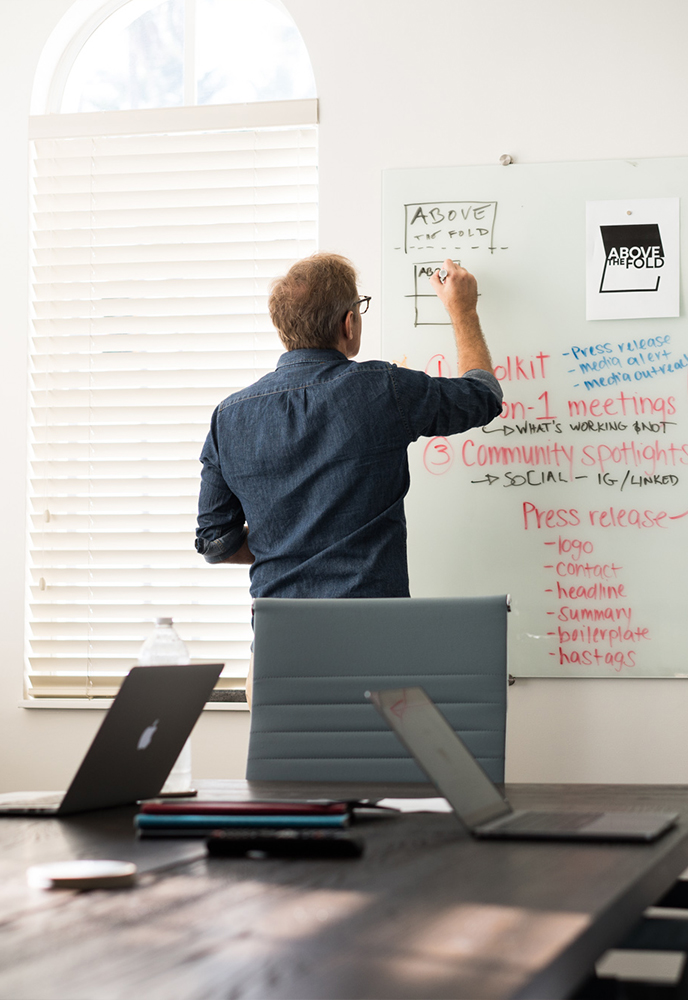With everything going on in the world, some people feel shocked about the inequality running rampant in the U.S. This is not something new.
Unfortunately, humans tend to witness, read, listen and understand only what aligns with their current beliefs. It’s called Selective Exposure theory, and everyone is guilty of it at one time or another. It is arguably one of the most important activities as a citizen of the world to diversify your media consumption for this reason.
Think about it. Are all of your friends of a certain education, race, religion, socioeconomic status, life stage or sexual preference? It’s human nature to seek out those similar to you. You tend to meet people like you based on your activities. But in order to enact long-term change or to truly see injustices, we must vary media consumption and be willing to sincerely listen.
With this in mind, how do we become more conscious consumers of media? Here’s a few tips to get started.
THE NEWS MEDIA ARE NOT THE ENEMY
I am not here to vilify media in any way. We need consistent, objective and thought-provoking news media to help tell the stories in our communities and in our country. As a consumer, it is your responsibility to determine the difference between opinion, fact and be able to read between the lines.
CHOOSE YOUR OWN MEDIA
Google, Apple, YouTube and many others have algorithms that choose news for you based on what you have read/watched in the past. It’s very much like Pandora recommendations for your music. That’s an easy way to hear new bands, but not a good way to consume news. When joining the platforms or websites, be sure to unselect “Recommend me News” so you’re in control of what you read.
CONSUME UNBIASED NEWS SOURCES
If you prefer to watch FOX News or MSNBC, which tend to lean right or left, make sure to watch equal amounts of both. Better yet, choose objective news sources like PBS, Newsy and BBC. PBS is the best of all of them as they receive $0 of advertising dollars that may influence other publications.
IF A STORY MAKES YOU UNCOMFORTABLE, KEEP READING
If a news story makes you uncomfortable and you want to immediately disagree, ask yourself why. Sometimes our subconscious likes to dispel anything we disagree with, but growth happens when you determine why you might feel that way.
READ BETWEEN THE LINES
The easiest way to determine if a media outlet is sensationalizing a story is to look at the adjectives used within the article. If they are using words like “suffering,” “trail of destruction,” or a headline like “What the looming economic collapse could mean for education,” it’s fearmongering. This type of writing instills fear and is speculative, not objective.
Also, if you are watching a TV station and you have several talk show anchors sitting around a desk, the majority of their “news” is actually their opinion. Those “talking heads” are meant to fill the air in a 24/7 news cycle and thrive off screaming matches and getting in the last word. That is not news. That’s a Thanksgiving political argument in which there are no winners.
MEDIA NEED TO MAKE MONEY
Before we go down a ‘holier than thou” line of thinking, the media are a business that needs to make money. With shrinking subscription rates, reduced advertising revenue and a lack of staff, media are pressed to provide accurate information almost immediately with incredibly limited resources. Newsrooms are skeleton crews but have the same responsibilities as their predecessors plus the added pressure of social media to keep up with the constant 24-hour/365-day news cycle.
The goal is now clicks on news links. The more clicks on a news article link, the more a media outlet can command for companies to advertise on their website. The more articles someone reads, the more likely they will hit a paywall and need to pay for a subscription to the media outlet.
It is possible for an advertiser to pull its money from a news outlet if the outlet does a negative expose (accent mark?) or other scathing article. Be cognizant of that and know that it’s difficult to bite the hand that feeds you. It’s the same problem as politicians receiving funding from special interest groups.
YOU CAN DO IT
It’s not easy to become a conscious consumer of media, but it will challenge your thinking, open your eyes to the plight of others and empower you to be the change you want to see in the world. If more people read more things they don’t agree with, I think people would be more understanding of other’s stories and lives.





